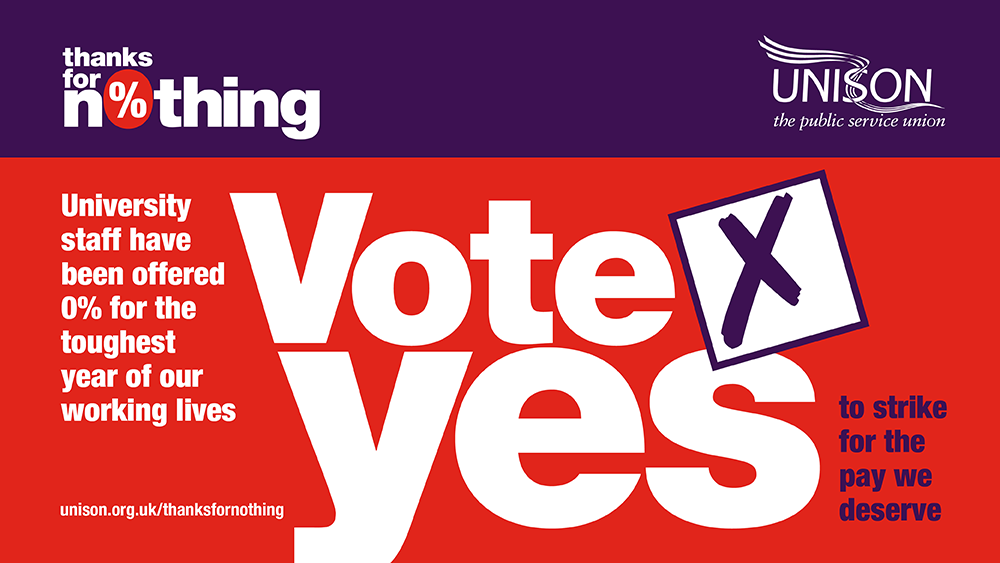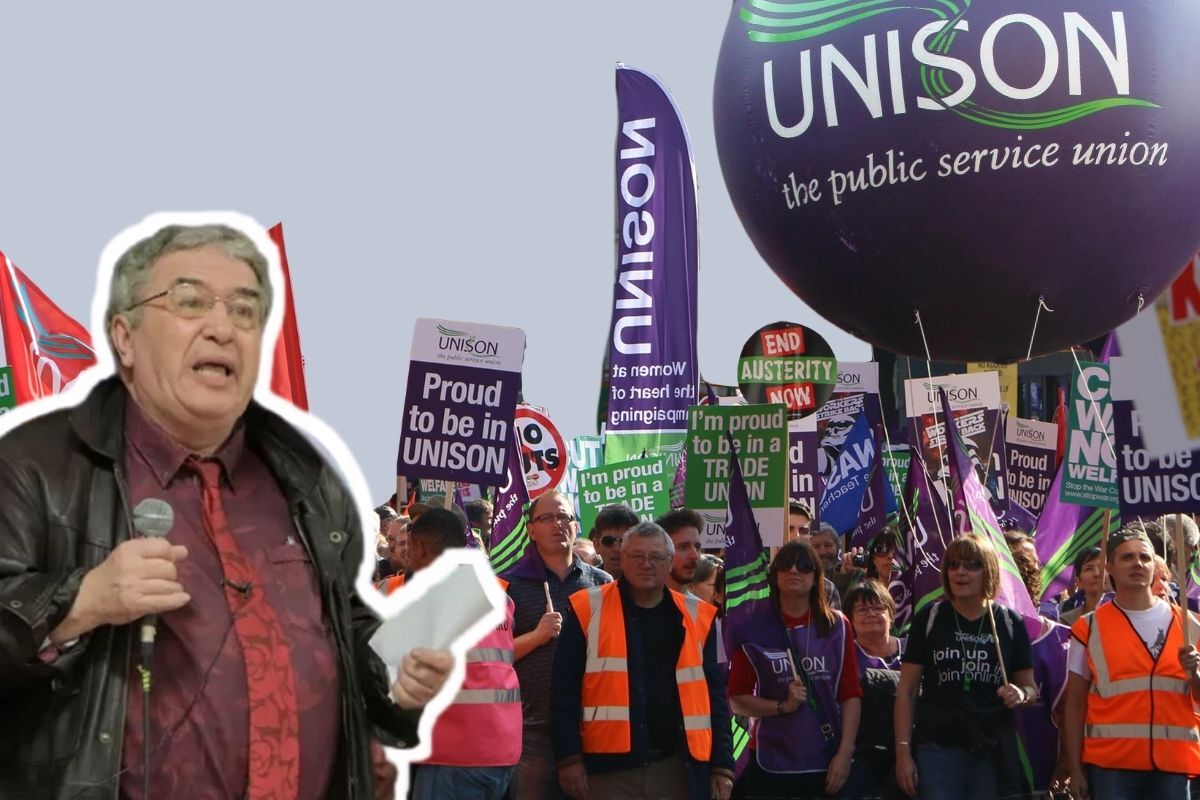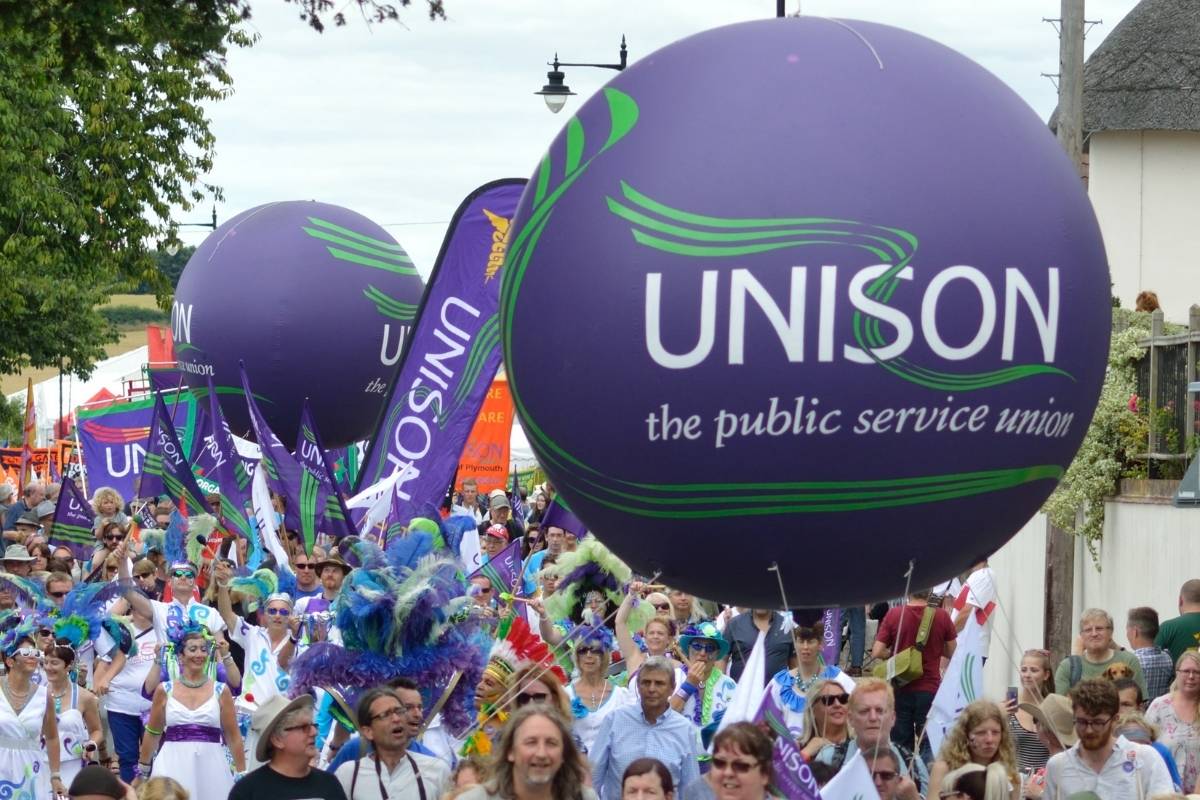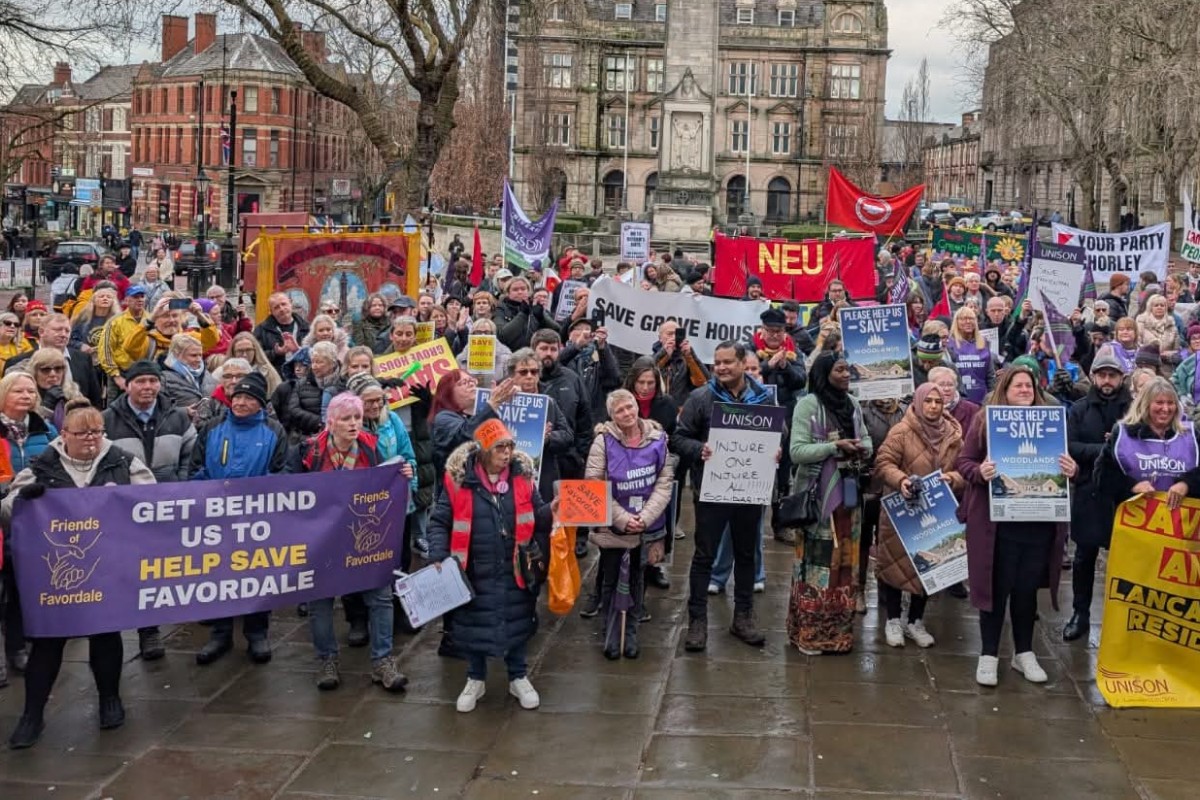Support staff in universities have worked tirelessly during the pandemic to keep campuses running. But their only reward has been an insulting zero percent pay offer. Unison members must link up with other unions for a coordinated fightback.
As the economic crisis grinds on for workers and the super-profits roll in for the rich, university bosses are coming for their employees’ pay.
Since August 2020, Unison members working in higher education (HE) have been struggling along with a 0% increase in their pay – in other words, a real-term pay cut when inflation is taken into account.
This is the thanks that workers get from the bosses for our hard work, dedication, and commitment in a period of unprecedented pressure.
The pandemic has produced demands for extraordinary sacrifices from the staff who keep university services running.
At the same time, senior managers in universities continued to rake in fortunes of hundreds of thousands every year, seemingly for doing little of real value.
Vote yes!

As a result of these pandemic-related stresses, and after many years of ground-down budgets in the university sector, workers have had enough. Unison are therefore balloting members in the HE sector for strike action.
The ballot covers 48 universities across the country. It comes amid escalating confrontations between management and other campus unions, such as UCU, on issues such as pay, pensions, and working conditions.
This presents a valuable opportunity for co-ordinated action going into the next academic year. UCU’s recent struggles have been hobbled by isolation, as Unison and Unite have had difficulty beating the 50% minimum turnout required for legal strike action.
All unions in the sector should now discuss sharing resources and other tactics to ensure maximum turnout, and begin making clear plans for coordinated national action in the new academic year.
This process starts by making sure that every Unison member is contacted about the current ballot and encouraged to vote Yes.
Time for real change

The pay struggle also coincides with the opening of major struggles inside Unison, as the election of another right-wing bureaucrat to the general secretary position and a sweeping victory for the left in the recent NEC elections pave the way for internal battles of unprecedented scale.
Campaigning under the slogan ‘time for real change’, these new left NEC members made their priorities very clear. They stood for a public sector union that would use its full weight in the fights to come; a union that would not hesitate to reach out and coordinate its fights with other unions, in order to defeat the attacks of the bosses and the Tory Party.
The higher education ballot is a good chance for Unison to begin this process. For years, the Unison right wing have allowed pay levels amongst their members to fester; and they have frustrated strikes before they could even be fought.
These careerists and bureaucrats did this in the name of class-collaborationist ‘pragmatism’, in alliance with their counterparts in the right wing of the Labour Party.
Fighting leadership
Instead of this passive so-called ‘pragmatism’, workers need a fighting socialist leadership at the head of the trade unions. This leadership needs a clear perspective for retaking the Labour Party for our class, and a sharp understanding of the need for militant action to beat the bosses’ attacks.
This strike ballot is an early opportunity for the new left-wing Unison NEC to make their mark. This is a chance to galvanise Unison members, strengthen links with workers in other unions, and prepare for a sustained fight back – both industrially and politically.
Only on this basis can we defend education and HE workers from the corrosive effects of austerity, profit, and marketisation.






